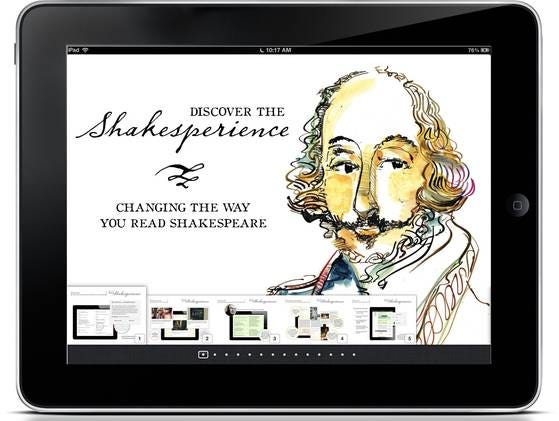Deep Learning vs. Surface Learning: Getting Students to Understand the Difference
Most teachers . . . recognize that test formats directly affect the choice of study strategies. We are committed to preparing questions that require higher level thinking skills. Our students discover they can't answer those questions with the easy information bits they've memorized and so they start studying differently. The problem is that without teacher guidance, students end up selecting deep learning strategies more by accident and less by design.
This iTunes U course provides a wealth of interviews and instructional materials that can help teachers create a culture of change. Designed for K-20 educators, the assets guide the user through self-directed professional development. Work through each asset one at a time to create your class website, author a multi-touch book, develop a visual mission statement for your classroom or school district, use videoconferencing to bring outside experts into your class, and much more.
iBooks Author Goes Beyond Textbooks
 |
| Link to USA Today http://tinyurl.com/dyz8jp9 |
Should Students Use Wikipedia?
Wikipedia is a tool, just like a lot of other things. It can be abused or it can be used for the good of mankind. Really, it isn’t much different than the information you would find in a textbook. Perhaps in the early days of Wikipedia, there was some unreliable stuff in there. However, I think that Wikipedia has matured enough that you won’t find too many seriously wrong things in there. You still find incorrect things in textbooks, so … not much different.
What Could Have Entered the Public Domain on January 1, 2012 . . .
Under the law that existed until 1978
Current US law extends copyright protection for 70 years after the date of the author’s death. (Corporate “works-for-hire” are copyrighted for 95 years after publication.) But prior to the 1976 Copyright Act (which became effective in 1978), the maximum copyright term was 56 years. . . .Under those laws, works published in 1955 would be passing into the public domain on January 1, 2012.
RSA Animate - Changing Education Paradigms
This animate was adapted from a talk given at the RSA by Sir Ken Robinson, world-renowned education and creativity expert and recipient of the RSA's Benjamin Franklin award.

No comments:
Post a Comment